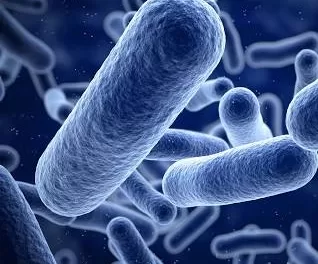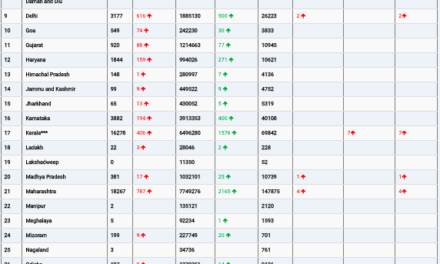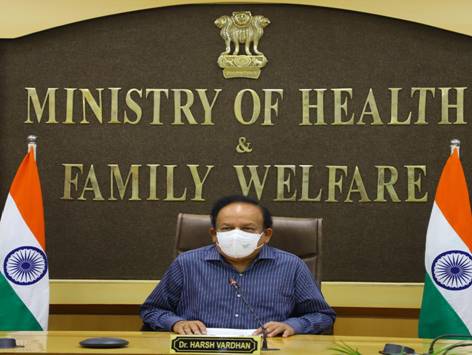In a significant step towards promoting traditional medicine on a global scale, the Ministry of Ayush, Government of India, and the World Health Organization (WHO) signed a Donor Agreement during a ceremony at WHO Headquarters in Geneva. The agreement, formalizing financial terms for the WHO Global Traditional Medicine Centre (GTMC) in Jamnagar, Gujarat, was endorsed by H.E. Mr. Arindam Bagchi, Permanent Representative of India to the UN, Geneva, and Dr. Bruce Aylward, Assistant Director-General for Universal Health Coverage and Life Course, representing the Ministry of Ayush and WHO respectively. Vaidya Rajesh Kotecha, Secretary of Ayush, attended the event virtually, while Dr. Shyama Kuruvilla, Director a.i. of WHO GTMC, moderated the proceedings. Dr. Razia Pendse, Chef de Cabinet, extended a vote of thanks on behalf of the WHO Director-General.
Through this landmark collaboration, the Government of India will donate US$ 85 million over a decade (2022-2032) to support the operations of the WHO GTMC in Jamnagar, Gujarat. This financial commitment underlines the establishment of the Centre as a pivotal knowledge hub for evidence-based Traditional Complementary and Integrative Medicine (TCIM), aiming to enhance the health and well-being of people globally.
The signing of this Donor Agreement follows the Host Country Agreement approved by the Union Cabinet on March 25, 2022, between the Ministry of Ayush and WHO. This agreement marked the establishment of the WHO GTMC in Jamnagar as the first global out-posted Centre for traditional medicine.
The interim office of the WHO-GTMC is already operational, focusing on developing capacity-building and training programs relevant to its objectives. These initiatives include campus-based, residential, and web-based training in collaboration with the WHO Academy and other strategic partners.
The Ministry of Ayush has a long history of collaboration with WHO, working on various fronts including the development of benchmark documents for training and practice in Ayurveda, Unani, and Siddha systems, the creation of WHO terminology for these practices, the introduction of a second module in the Traditional Medicine Chapter of the International Classification of Diseases-11, the development of apps like M-Yoga, and support for the International Pharmacopoeia of Herbal Medicine (IPHM). These collaborative efforts, particularly through the WHO GTMC, will elevate India’s position in traditional medicine on the global stage.
This partnership between the Ministry of Ayush and WHO will not only benefit India but also contribute significantly to the global health agenda, reinforcing the commitment to achieving Sustainable Development Goals through traditional medicine.












